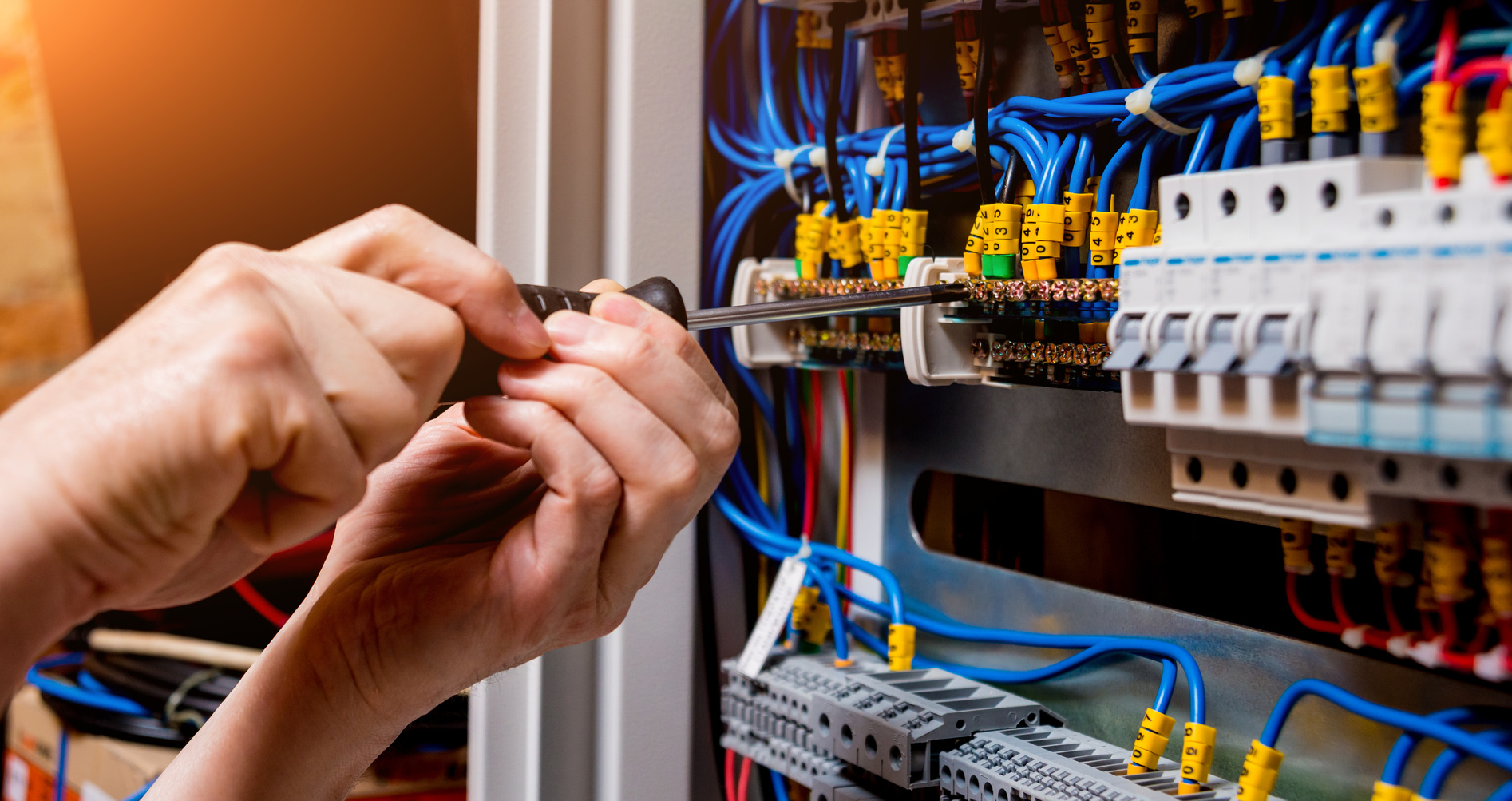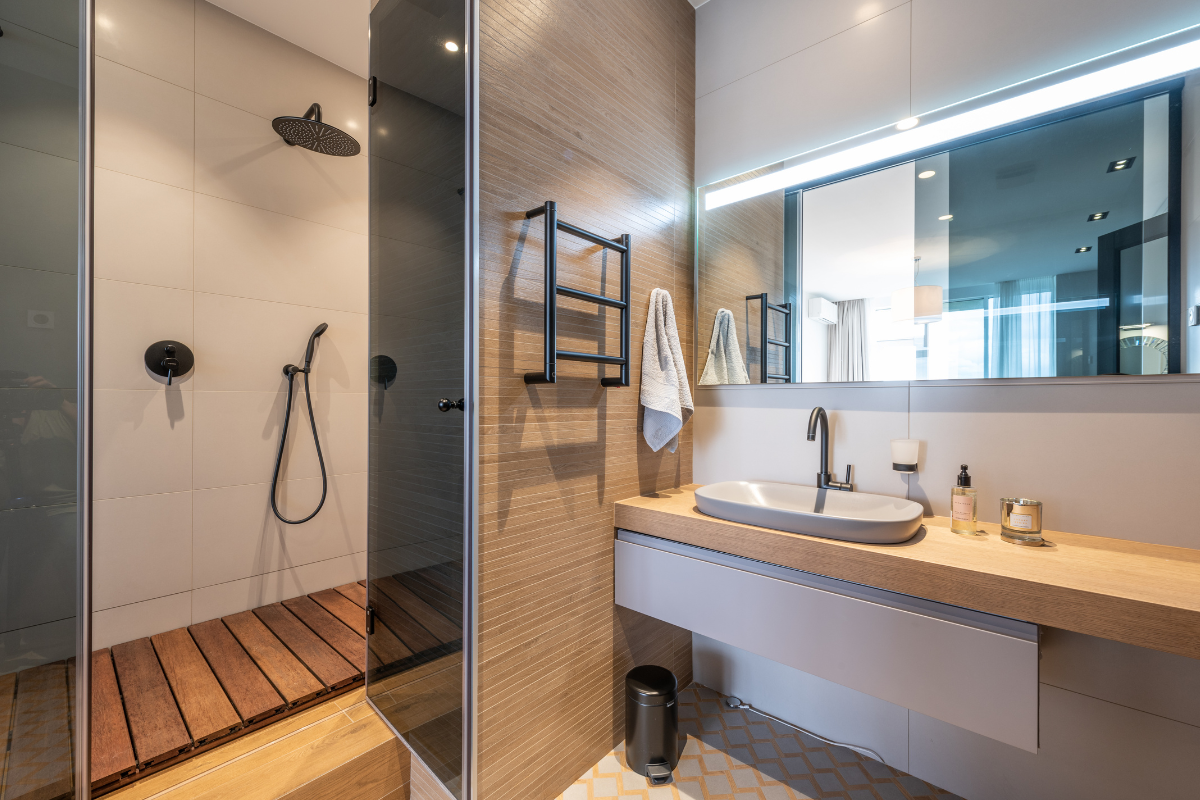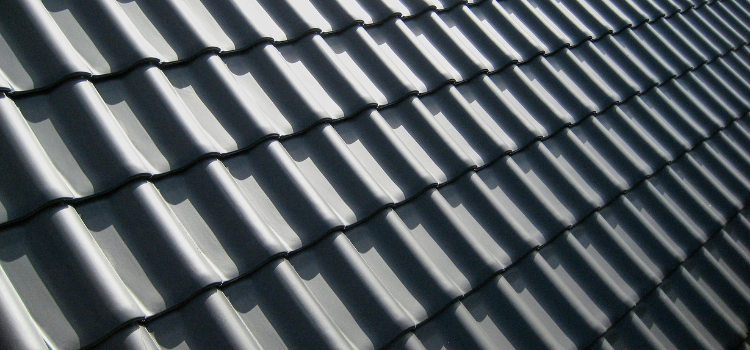Overview
Appliance Installation near you
Search the directory, compare options, and start your project with confidence.
- Verified businesses ready to help near you.
- Clear contact details and profiles so you can shortlist quickly.
- Side-by-side browsing of suburbs, states, and top metro areas.
About this service
What appliance installation involves
Effective appliance installation is a crucial aspect of any household, as it determines the efficiency of your home. Whether it’s a refrigerator, dishwasher, washing machine, or any other appliance, proper installation is key to ensuring its longevity and optimal performance.
Below, we cover everything you need to know about appliance installation, including pre-installation preparation, the installation process, and hiring the right person for the job.
Overview
- Pre-installation preparation
- Installation process
- Appliance installation tips
- How much does appliance installation cost?
- Hiring a professional
- Questions to ask your appliance installer
- FAQs
Pre-Installation Preparation
Before installation, it’s important to prepare adequately to ensure a smooth process. First, you need to choose the right location for the appliance, as some require a specific location to work efficiently. For instance, refrigerators should be placed in a cool and dry location, away from direct sunlight or heat sources, while dishwashers should be near the sink to allow easy connection to the plumbing system.
Secondly, you need to check the electrical and plumbing connections in the installation location. It is crucial to make sure that these systems can support the appliance’s power demands. For example, you need to make sure that the electrical outlet or circuit breaker can handle the voltage required by the appliance.
Lastly, it is important to measure the space available. It needs to be sufficient to accommodate the appliance and allow for proper ventilation. Inadequate space or ventilation can lead to the appliance overheating or malfunctioning.
Installation Process
Once you’ve appropriately prepared for the installation of your appliance, the next step is the actual installation. The process may vary depending on the appliance, but generally, it involves the following steps:
Unpacking and Inspecting the Appliance
Before installation, you need to unpack the appliance and inspect it for any damages or missing parts. It’s important to do this before installation because it’s easier to replace or repair the appliance while it’s still unassembled.
Assembly and Installation of the Appliance
The next step is to assemble the appliance and install it in the chosen location. This involves following the manufacturer’s guide, whether it be fridge or dishwasher installation instructions, and using the right tools for the job.
Connecting the Electrical and Plumbing Connections
After installing the appliance, you need to connect it to the electrical and plumbing systems. This involves ensuring that the connections are secure and that there are no leaks or electrical hazards.
Appliance Installation Tips
Proper handling of the appliance during installation is crucial to avoid damages or injuries.
Some installation tips include:
- Lifting the appliance with care: Appliances can be heavy and cumbersome to lift. Make sure you have someone assist you in lifting the appliance and using the proper lifting techniques to avoid back injuries or damages to the item.
- Using the right tools for the job: Using the wrong tools can damage the appliance or make the installation process more difficult. Make sure to use the tools recommended by the manufacturer.
How much does appliance installation cost?
The cost of appliance installation in Australia can vary depending on a variety of factors, such as the type of appliance being installed, the complexity of the installation, and the location of the installation. In general, the cost for appliance installation can range from around $50 to $500 or more.
For example, installing a new dishwasher may cost around $150 to $250, while installing a new oven or cooktop may cost around $150 to $300. Installing a new air conditioner or hot water system can be more expensive, ranging from around $400 to $1,000 or more.
It's important to note that these are just rough estimates and the actual cost of appliance installation may vary depending on your specific circumstances. To get a more accurate idea of the cost of appliance installation, it's recommended to contact a professional appliance installation service and ask for a quote based on your specific needs. Some may also offer appliance delivery and installation as a combined service.
Get free quotes in minutes.
Get quotes from our qualified and licensed tradies Australia-wide.
Appliance Maintenance
Regular appliance maintenance is essential to ensure that they continue to run smoothly and efficiently. By taking care of your appliances, you can also extend their lifespan and avoid costly repairs or replacements down the line. Simple tasks like cleaning the lint filter on your dryer or regularly changing the water filter in your refrigerator can make a big difference in how well your appliances function.
In addition to regular maintenance tasks, there are some signs that may indicate it's time to call for professional appliance servicing. For example, if your dishwasher isn't cleaning dishes as well as it used to or your refrigerator is making strange noises, it may be time to have a professional take a look.
By catching potential issues early on and having them addressed by a professional, you can avoid more serious problems and keep your appliances running smoothly for years to come.
Hiring a Professional
When it comes to installing appliances in your home, it's important to hire a professional to ensure that the job is done correctly and safely. Not only can improper installation cause damage to your appliances, but it can also pose a serious safety risk to you and your family. By hiring a professional, you can have peace of mind knowing that your appliances are installed properly and that any potential safety hazards have been avoided.
Finding a reliable appliance installation service can seem overwhelming, but there are a few tips that can help simplify the process. First, it's important to do your research and read reviews from other customers who have used the service. You can also ask for referrals from friends and family who have had positive experiences with appliance installation services in the past. When you've narrowed down your options, be sure to ask for references and proof of licensing and insurance to ensure that the service is legitimate and qualified to perform the installation.
You can also enter the information outlining your installation job on Service.com.au, and we'll provide you with a list of local businesses that can help.
Questions to Ask Your Appliance Installation Company
Here are some questions that can be helpful to ask when hiring someone for your home appliance installation:
- Can you provide references from previous work?
- Are you licensed or insured?
- How long have you been in business?
- Do you have specific experience and training to repair certain brands or types of appliances?
- How do you communicate with customers during the process?
- Are you flexible with your schedule, and can you work on weekends if necessary?
Appliance Installation FAQs
Do I need a professional to install my appliances?
It depends on the complexity of the installation and your own level of experience. Some appliances, like a simple toaster or blender, can easily be installed by yourself. However, more complex appliances like a dishwasher or stove may require professional installation to ensure proper functionality and safety.
How long does it take to install an appliance?
The time it takes to install an appliance can vary greatly depending on the type of appliance and the complexity of the installation. Generally, a simple appliance like a microwave or toaster may take only a few minutes to install, while a more complex appliance like a dishwasher or stove can take several hours.
How often should appliances be replaced?
The lifespan of appliances can vary greatly depending on several factors, such as the quality of the appliance, frequency of use, and how well they are maintained. As a general rule of thumb, appliances should be replaced when they are no longer functioning properly or when the cost of repairs outweighs the cost of replacement. Here are some typical lifespans for common household appliances:
- Refrigerator: 10–15 years
- Dishwasher: 7–12 years
- Oven/Range: 10–15 years
- Washing Machine: 8–12 years
- Dryer: 10–13 years
- Microwave: 9–10 years
It's important to note that regular maintenance can extend the lifespan of an appliance. For example, regularly cleaning the lint filter on a dryer or cleaning the coils on a refrigerator can help the appliance run more efficiently and last longer. Additionally, some higher-end appliances may have longer lifespans due to their superior build quality and advanced features.
Does my appliance installation technician need to be licensed?
In Australia, the regulations regarding appliance installation vary depending on the state or territory. In general, electrical appliance installers are required to be licensed or registered in order to legally perform installation work.
For example, in New South Wales, Queensland, Victoria, and Western Australia, electricians are required to be licensed in order to perform any electrical work, including appliance installation. In other states and territories, such as South Australia and Tasmania, electricians may need to be registered but not necessarily licensed.
It's important to note that gas appliance installation is also regulated in Australia, and gas fitters are required to be licensed in all states and territories in order to perform gas appliance installation work.
Check your local government website to learn more about licensing requirements in your state.
Appliance Installation Near Me
Get free quotes in minutes.
Get quotes from our qualified and licensed tradies Australia-wide.
All the costs quoted were sourced at the time this article was written. They are to be used as an AUD cost guide and may vary locally, and are subject to market changes.
Browse Appliance Installation by State
Browse Appliance Installation by City
- Appliance Installation in Sydney
- Appliance Installation in Melbourne
- Appliance Installation in Brisbane
- Appliance Installation in Perth
- Appliance Installation in Adelaide
- Appliance Installation in Gold Coast
- Appliance Installation in Canberra
- Appliance Installation in Newcastle
- Appliance Installation in Wollongong
Articles
Guides to help you plan your project
Fresh tips and explainers on choosing the right tradie, budgeting, and setting clear expectations.

How Much Does an Electrician Cost? 2025 Cost Guide
Need to have some electrical work carried out at your home and unsure what to expect cost-wise? When hiring an electrician, you'll need to budget accordingly depending on the service.

How Much Does a Bathroom Renovation Cost? 2025 Cost Guide
If you want to give your bathroom the love and attention it deserves this year, you may be wondering how much it costs to renovate a bathroom in 2024. Truthfully, it depends. To estimate the…

Why You Should Hire a Professional for Your Roofing Project?
When it comes to home improvement projects, few are as critical as roofing. Your roof is not just a layer of protection; it's the shield that guards your family and belongings against the elements.
